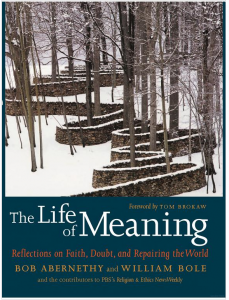A foreign power stealthily intervenes in another nation’s affairs, manipulating media and disseminating propaganda to help sway an election. Joel Whitney has spent years looking into underhanded activity of that sort, but his subject is not Vladimir Putin’s Russia and its incursions into election processes in the United States and Europe. Whitney points the flashlight at the U.S. government in his book Finks: How the CIA Tricked the World’s Best Writers.
Whitney writes how the Central Intelligence Agency covertly spawned a worldwide network of media outlets, especially literary magazines, during the Cold War. The CIA used these outlets to further its geopolitical goals—an exercise in cultural diplomacy, or “soft power” in today’s lingo, as distinct from the agency’s hard power that included assassinations, coups, election-related bribery, and other intrusions. The general outlines of this story have been known for decades, but Whitney is clearly hoping to amp up the indignation over what he considers an historic disgrace. In particular the “literary CIA,” as he styles it, blurred the lines “between criticism, journalism, and the needs of the state; between aesthetics and the political requirements of the Cold War.”

 Religious groups stake out a wider role in violent conflicts.
Religious groups stake out a wider role in violent conflicts.





